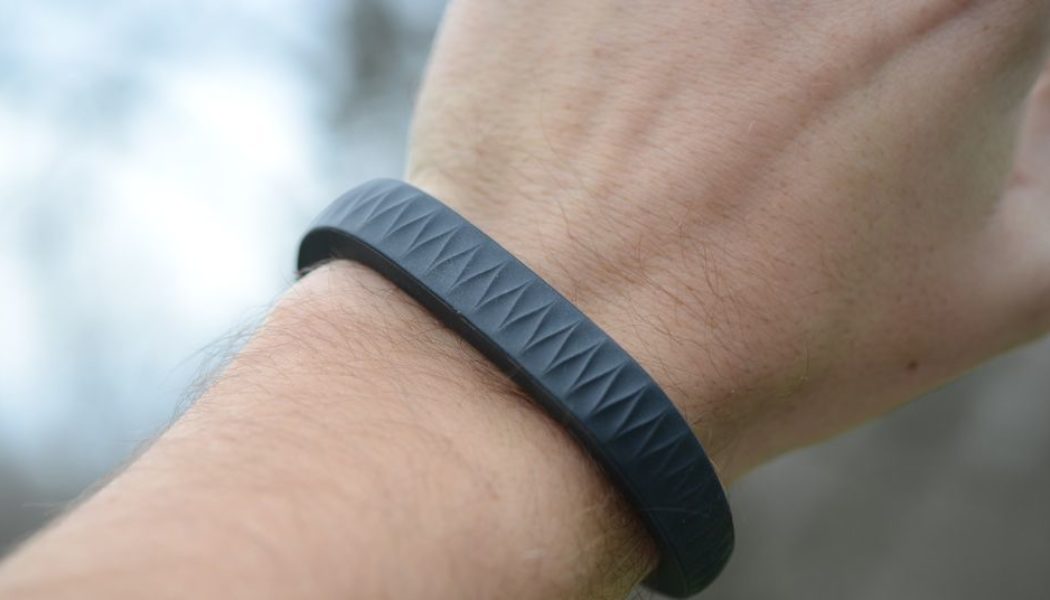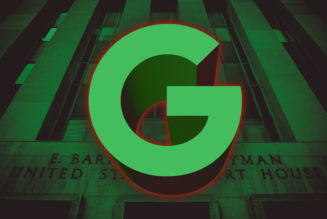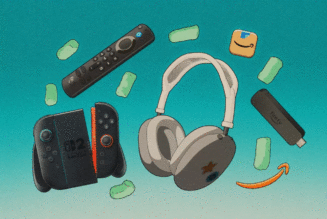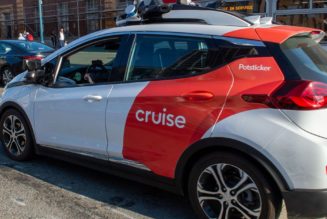
Wearables company Jawbone is long-dead — it went out of business in 2017 — but its patents live on, and someone is using them to sue Apple and Google.
As first reported by Bloomberg News, an entity named Jawbone Innovations LLC filed lawsuits against the two tech giants this week in federal court in Waco, Texas. The suits allege that Apple and Google infringed eight patents previously belonging to Jawbone and focused around noise-isolation algorithms originally developed for DARPA.
The suit against Apple names the infringing devices as “all versions and variants of Apple iPhone, iPad, AirPods Pro, and HomePod products,” while the suit against Google is similarly broad, naming “all versions and variants of Google smartphones […] tablets and/or notebooks […], earbuds […] smart home devices […] and other Android Devices.”
Both suits demand a preliminary injunction against the companies to stop them from selling the allegedly infringing products, and future royalties for the use of these patents.
If all this seems like a little bit of legal skulduggery, well, who are we to disagree. As Bloomberg notes, exactly who or what is behind the lawsuits is unclear, but it’s not the first time Jawbone Innovations LLC has made such claims. The same entity — which does not appear to be contiguous in any meaningful way with the original Jawbone, apart from owning the latter’s intellectual property — sued Samsung in June for similar infringements.
And, as Protocol noted in its reporting of that case, the manager of Jawbone Innovations LLC, one York Eggleston, also seems to have prior form, with an individual of that name also managing other LLCs that were assigned old IBM patents before suing Lyft and Uber.
As Bloomberg notes, filing such lawsuits in Waco, Texas makes sense, as it’s “a district that’s the most popular in the nation for its patent-friendly judge and juries.” Though even the patent-friendly might reject these particular claims. A spokesperson for Google told Bloomberg: “We dispute the claims, and will defend ourselves vigorously.” We’ve reached out to Apple for comment.









